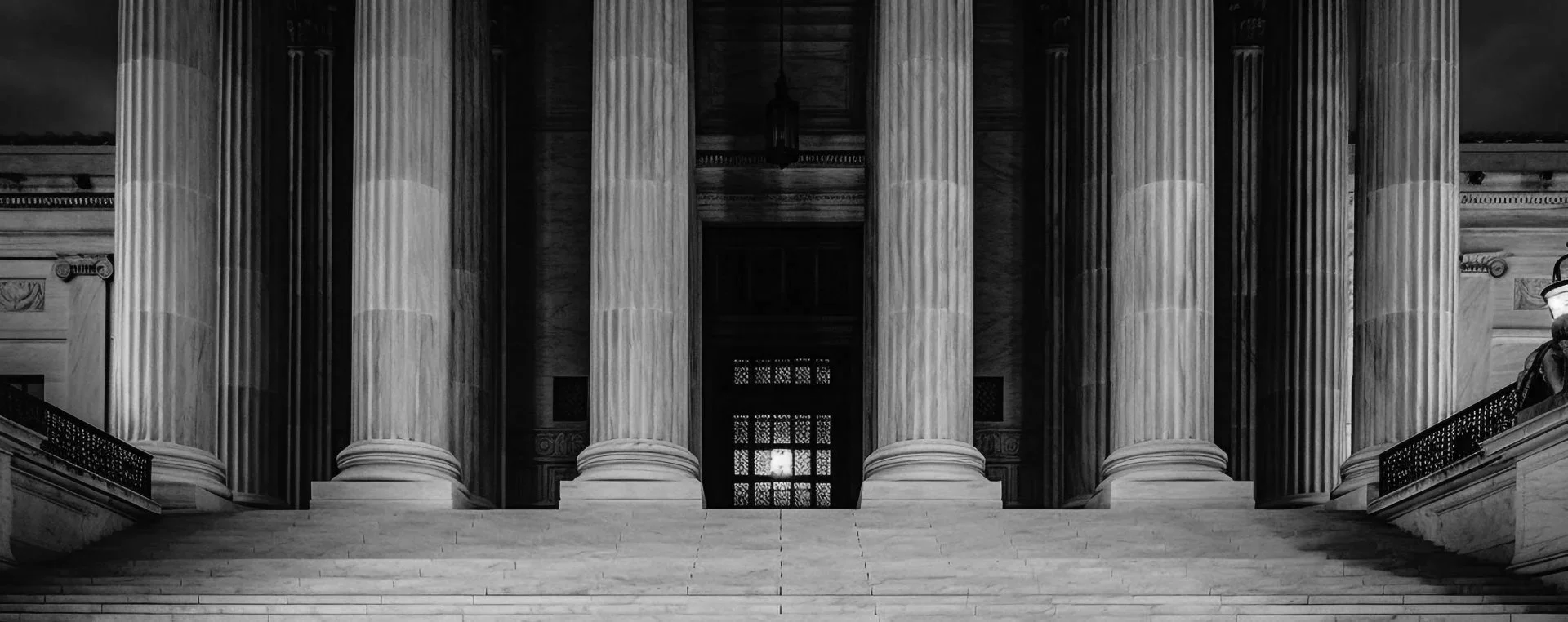
175+ Federal Counts
Acquitted
Can You Get Bail After a Federal Indictment?
Being federally indicted is a terrifying experience. You’re suddenly facing serious charges, possible prison time, and the overwhelming power of the U.S. government. One of the first questions many defendants ask is:
Can I get bail after a federal indictment?
The answer? It depends. Unlike state court, where bail is often a given, federal bail decisions are much more stringent, governed by the Bail Reform Act of 1984 and a judge’s discretion. Understanding how bail works in federal cases can mean the difference between awaiting trial at home or behind bars.
The Bail Reform Act: How Federal Bail Works
Federal bail is not a guaranteed right. Instead, it’s based on a set of legal standards outlined in the Bail Reform Act of 1984 (18 U.S.C. § 3142), which sets the criteria for pretrial release. The judge must determine whether a defendant:
Presents a flight risk – If the court believes the accused is likely to flee before trial, bail will likely be denied.
Poses a danger to the community – If the crime involves violence, drugs, or a serious financial scheme, bail is harder to obtain.
Has strong ties to the community – Factors like family, employment, and local residence can influence a bail decision.
Has a criminal history – Repeat offenders or those with prior failures to appear in court are less likely to be granted bail.
Has a strong defense – If the prosecution's case is weak, bail may be more likely.
The prosecution can request detention if they argue the defendant should be held pretrial. If they do, a detention hearing will be scheduled, where both sides present arguments for or against bail.
When Is Bail Likely to Be Granted?
Cases Where Bail Was Granted
White-Collar Crimes: Defendants in fraud or financial crimes often receive bail if they have strong community ties and no history of fleeing.
Non-Violent Offenses: If the charge does not involve drugs, weapons, or organized crime, bail is more likely.
First-Time Offenders: Those with no prior convictions and a stable personal background have a stronger case for bail.
Cases Where Bail Was Denied
Drug Trafficking Cases: Federal drug charges often come with mandatory detention if the alleged quantity meets a threshold.
Violent Crimes: If the defendant is accused of murder, terrorism, or armed robbery, bail is almost always denied.
Flight Risks: Individuals with foreign ties, significant assets, or prior failures to appear in court are less likely to receive bail.
What Happens If Bail Is Denied?
If the judge denies bail, the defendant must remain in federal custody until trial. However, a skilled federal defense attorney can:
Request a reconsideration hearing if new evidence supports release.
Negotiate conditions for release, such as electronic monitoring.
File an appeal to a higher court if the denial was unfair.
The key is having an aggressive attorney who understands federal bail laws and can fight for your freedom.
Why Choose Ronald W. Chapman II for Your Federal Case?
I’ve dedicated my career to defending clients facing the full weight of the federal government. With 175 federal acquittals, I know how to navigate the system to get results.
I also wrote "Truth & Persuasion in a Digital Revolution" and "Fight the Feds", two books that break down government overreach and the legal battles you face.
If you or a loved one has been federally indicted, don’t wait. The prosecution is already building a case against you. Call me today for a free, confidential consultation and let’s start fighting for your freedom.



